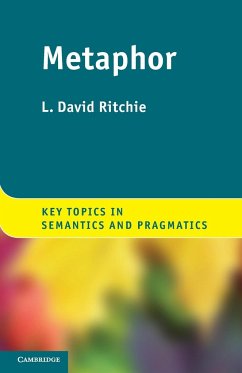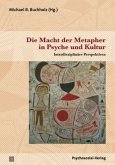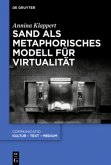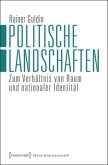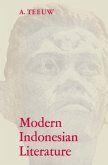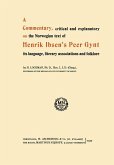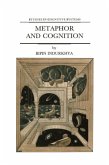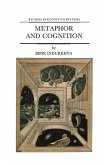'Metaphor', a form of figurative language in which one thing or idea is expressed in terms of another, is becoming an increasingly popular area of study, as it is relevant to the work of semanticists, pragmatists, discourse analysts and also those working at the interface of language and literature and in other disciplines such as philosophy and psychology. This book provides a summary, critique and comparison of the most important theories on how metaphors are used and understood, drawing on research from linguistics, psychology and other disciplines. In order to ground the discussion in actual language use, the book uses examples from discourse, including casual conversations, political speeches, literature, humor, religion and science. Written in a non-technical style, the book includes clear definitions, examples, discussion questions and a glossary, making it ideal for graduate-level seminars.
Hinweis: Dieser Artikel kann nur an eine deutsche Lieferadresse ausgeliefert werden.
Hinweis: Dieser Artikel kann nur an eine deutsche Lieferadresse ausgeliefert werden.

